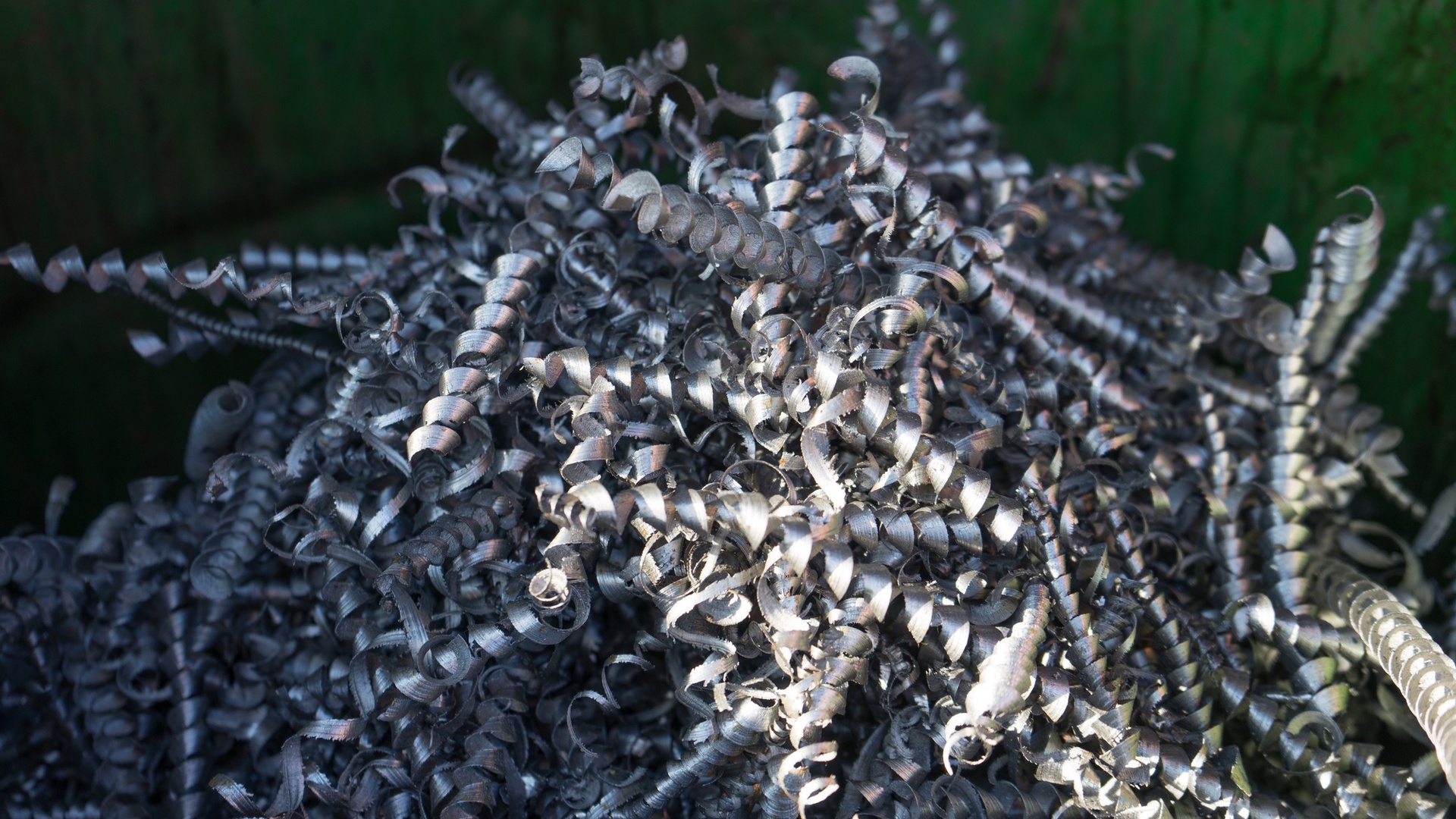

Amid escalating conflict in the Democratic Republic of Congo (DRC), President Felix Tshisekedi has made a bold offer to the United States: control over Congo’s vast mineral wealth in exchange for direct military intervention to halt the rapid advance of the M23 rebel group. As the situation in eastern Congo deteriorates, Tshisekedi is looking to secure American support to counter what he calls Rwanda’s “plundering” of his country’s natural resources through its alleged backing of M23.
Congo is home to some of the world’s most valuable mineral deposits, including over half of global cobalt reserves and vast amounts of coltan, a critical mineral for manufacturing smartphones, computers, and electric vehicles. While China currently dominates access to these resources, Tshisekedi has proposed a new partnership that would give the U.S. and its allies greater control over these critical materials. This move is seen as an attempt to shift the balance of power away from Chinese influence while securing American military assistance.
Tshisekedi’s spokesperson, Tina Salama, emphasized the urgency of the situation, stating that what had been hidden for 30 years was now being exposed by the Trump administration. She warned that Western nations must reconsider their reliance on Rwanda for strategic minerals, as they may be receiving illicitly obtained resources. “Receiving stolen goods will become increasingly complicated,” she added.
The M23 rebel group, which the United Nations and U.S. intelligence have linked to Rwandan support, has captured key territories in eastern Congo, including Goma and Bukavu. The rebel forces, reportedly numbering 8,000, have overrun Congolese military positions, leading to the deaths of thousands and the displacement of many more. The U.S. recently imposed sanctions on a Rwandan minister and an M23 spokesperson for their alleged roles in fueling the conflict, but these measures have not slowed M23’s momentum.
Tshisekedi has likened the crisis to Russia’s invasion of Ukraine, arguing that it demands a decisive Western response. He has vowed to retake Goma “either through dialogue or military reconquest.” Still, he acknowledges that his forces face significant challenges with Rwanda continuing to deny involvement, and the conflict risks escalating into a broader regional war.
While the Trump administration has acknowledged the severity of the crisis, it has yet to commit to military intervention. President Trump recently called the situation in eastern Congo “a very serious problem,” but has not announced concrete plans to assist Kinshasa beyond economic sanctions against Rwandan officials.
However, analysts suggest that Tshisekedi’s offer could pressure Washington into taking stronger action. The United States has a strategic interest in securing access to critical minerals, especially as global competition intensifies. By offering a direct stake in its mineral wealth, Congo is positioning itself as a key geopolitical partner, hoping to leverage U.S. economic and military power to combat the M23 insurgency.
Tshisekedi’s gamble marks a significant turning point in Congo’s foreign policy. By openly seeking American military support, he is breaking from traditional diplomatic approaches that favored regional negotiations. His decision to bypass peace talks with M23 and instead frame the conflict as a battle against Rwandan aggression signals a shift toward a more confrontational stance.
While the United Nations has called for an end to the fighting and the withdrawal of Rwandan forces from Congo, Tshisekedi has expressed skepticism about diplomatic solutions, stating that “the only language Kagame understands is force.” His administration believes that only a robust military response, backed by a global superpower, can turn the tide against M23.
As the conflict reaches a critical juncture, all eyes are now on Washington. Will the U.S. accept Congo’s offer and intervene militarily, or will it continue to rely on diplomatic and economic pressure to address the crisis? The answer could determine the future stability of the Great Lakes region and reshape global competition for Africa’s invaluable resources.